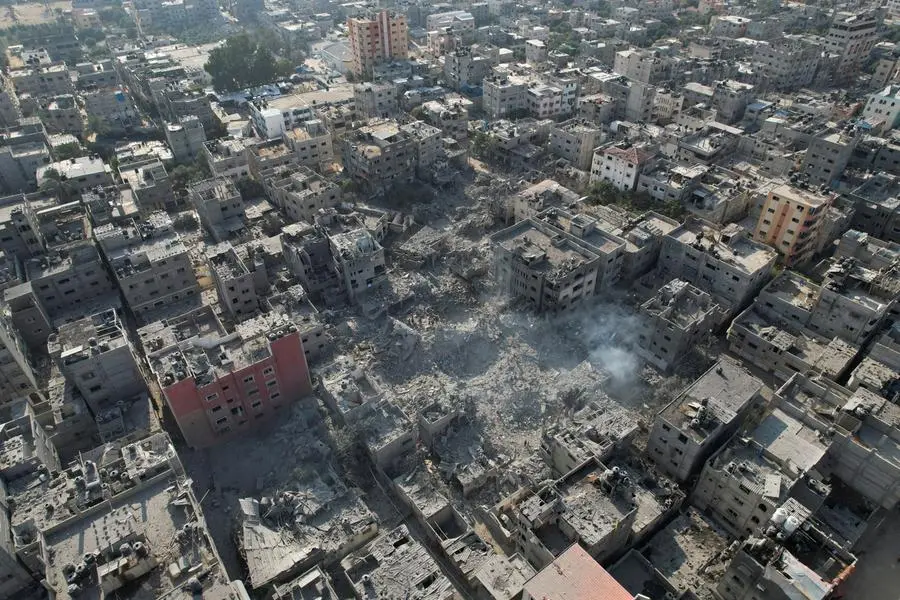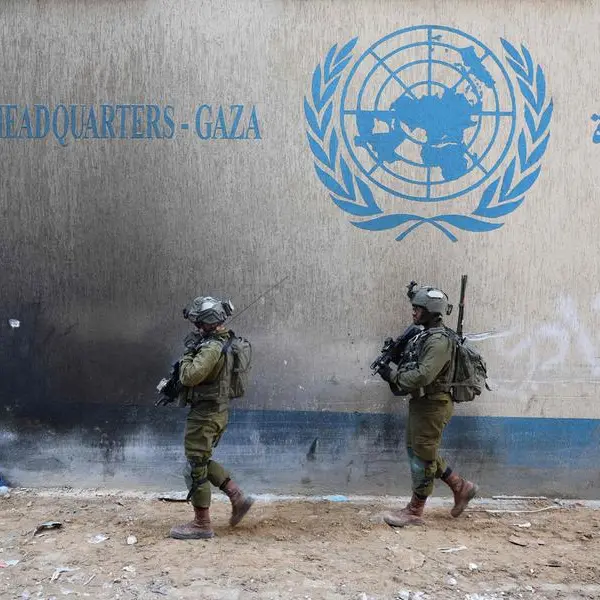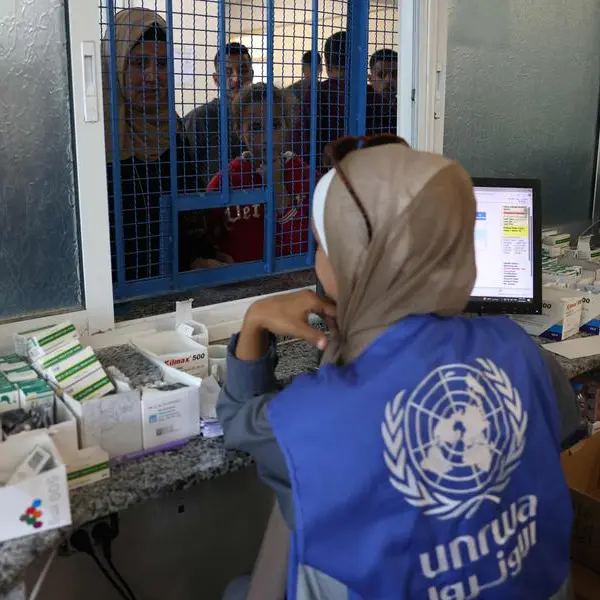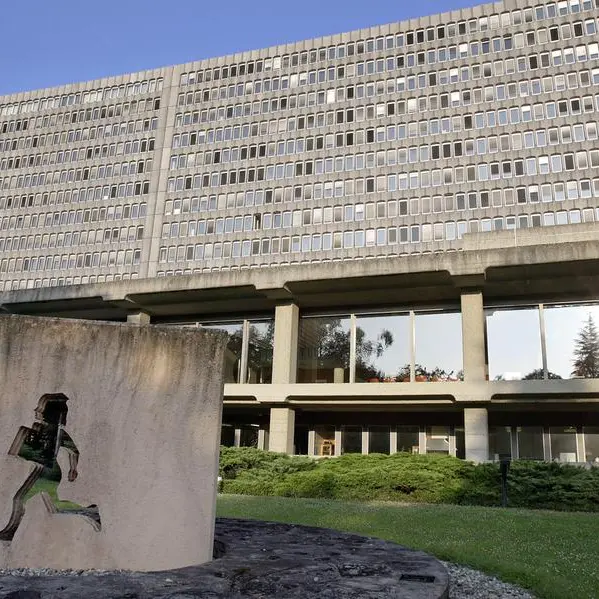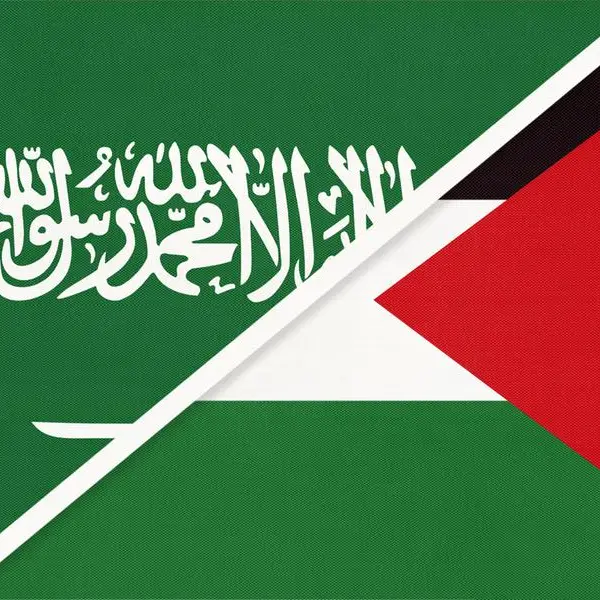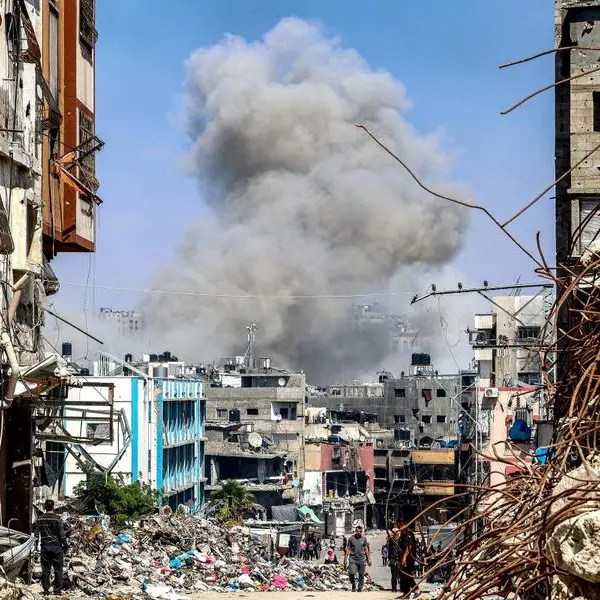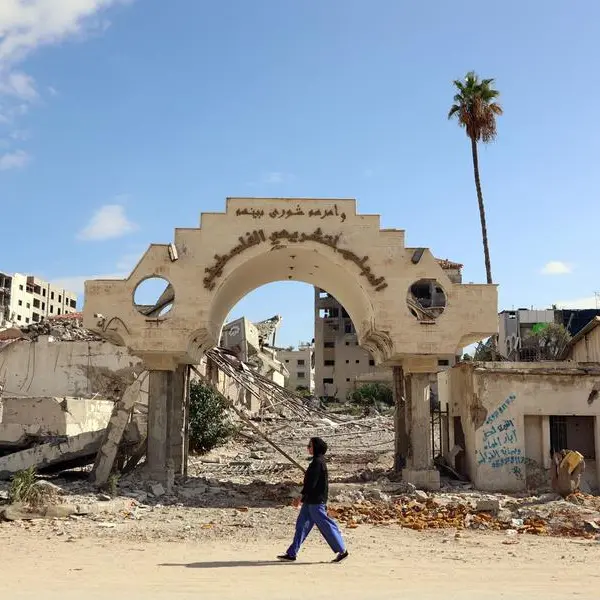PHOTO
GAZA/JERUSALEM: Israeli forces on Thursday encircled Gaza City - the Gaza Strip's main city - in their assault on Hamas, the military said, but the Palestinian militant group resisted their drive with hit-and-run attacks from underground tunnels.
The city in the north of the Gaza Strip has become the focus of attack for Israel, which has vowed to annihilate the Islamist group's command structure and has told civilians to flee to the south.
"We're at the height of the battle. We've had impressive successes and have passed the outskirts of Gaza City. We are advancing," Prime Minister Benjamin Netanyahu said in a statement. He gave no further details.
Amid heavy explosions in Gaza, Israeli military spokesperson Rear Admiral Daniel Hagari told reporters his country's "troops completed the encirclement of Gaza City, which is the focal point of the Hamas terror organization."
Brigadier General Iddo Mizrahi, chief of Israel's military engineers, said troops were encountering mines and booby traps.
"Hamas has learned and prepared itself well," he said.
Abu Ubaida, spokesperson for the armed wing of Hamas, said in a televised speech on Thursday that Israel's death toll in Gaza was much higher than the military had announced. "Your soldiers will return in black bags," he said.
Israel has said it has lost 18 soldiers and killed dozens of militants since ground operations expanded on Friday.
Hamas and allied Islamic Jihad fighters were emerging from tunnels to fire at tanks, then disappearing back into the network, residents said and videos from both groups showed.
In one Hamas military video, a fighter surfaces in a Gaza field and places an explosive device on a tank. An explosion is audible as the fighter, who appears to be wearing a body camera to document the incident, sprints back to the tunnel and fires an anti-tank missile toward the tank.
Palestinian civilians have suffered shortages of food, fuel, drinking water and medicine.
"Water is being used as a weapon of war," said Juliette Touma, a spokesperson for the U.N. agency for Palestinian refugees UNRWA.
WHITE HOUSE EXPLORES A SERIES OF PAUSES
The White House on Thursday said it was exploring a series of pauses in the Israel-Hamas conflict to help people safely exit Gaza and allow humanitarian aid to get in, but reiterated its opposition to a full ceasefire.
U.S. Secretary of State Antony Blinken left for the Middle East after saying he would discuss concrete steps to minimise harm to civilians in Gaza.
In his meetings in Israel and Jordan, Blinken said he would also discuss the future of Gaza and laying the groundwork for future Palestinian statehood.
The latest war in the decades-old conflict began when Hamas fighters broke through the border on Oct. 7. Israel says they killed 1,400 people, mostly civilians, and took more than 240 hostages in the deadliest day of its 75-year-old history.
Israel's ensuing bombardment of the small Palestinian enclave of 2.3 million people has killed at least 9,061 people, according to Gaza health authorities.
In Geneva, a group of seven U.N. special rapporteurs, independent experts monitoring human rights, issued a statement calling for a ceasefire, saying Palestinians were at "grave risk of genocide".
The Israeli mission to the U.N. in Geneva called the comments "deplorable and deeply concerning" and blamed Hamas for civilian deaths. Israel says it targets Hamas and has accused the group of purposely hiding in densely populated centres.
The U.N. human rights chief Volker Turk has said what he called Israeli "sieges" are illegal under international law and his office on Wednesday said Israeli air strikes on Gaza's biggest refugee camp this week could amount to war crimes.
In Washington, the U.S. House of Representatives on Thursday passed a Republican plan to provide $14.3 billion in aid to Israel despite Democrats' insistence it has no future in the Senate and a White House promise of a veto.
The measure passed 226 to 196, largely along party lines, with most Republicans supporting the bill and most Democrats objecting.
U.S. President Joe Biden, a Democrat, has asked Congress to approve a broader $106 billion emergency spending package including funding for Israel, Taiwan and Ukraine, as well as humanitarian aid. Democratic leaders in the Senate will seek a bipartisan bill addressing the broader priorities.
'WE ARE NOT ANIMALS'
The Rafah crossing from Gaza to Egypt was opened for limited evacuations for a second day on Thursday under a Qatari-brokered deal aimed at letting some foreign passport holders, their dependents and some wounded Gazans out of the enclave.
Palestinian border official Wael Abu Mehsen said 400 foreign citizens would leave for Egypt via the Rafah crossing on Thursday, after some 320 on Wednesday.
Dozens of critically injured Palestinians were to cross too. Israel asked foreign countries to send hospital ships for them.
"I want to pass. We are not animals," said Ghada el-Saka, an Egyptian at Rafah waiting to return home after visiting relatives. "We've seen death with our own eyes," she added, describing a strike near her siblings' house that had forced her and her daughter into the street.
In Khan Younis, in the south of the Gaza Strip, nine-year-old Rafif Abu Ziyada said she was drinking dirty water and getting stomach pains and headaches.
"There is no cooking gas, there is no water, we don't eat well. We are getting sick," she said. "There's garbage on the ground and the whole place is polluted."
Over a third of Gaza's 35 hospitals are not functioning, with many turned into impromptu refugee camps.
"The situation is beyond catastrophic," said the charity Medical Aid for Palestinians, describing packed corridors and many medics who were themselves bereaved and homeless.
(Reporting by Nidal al-Mughrabi in Gaza, Ali Sawafta in Ramallah, Dan Williams, Emily Rose, Maytaal Angel in Jerusalem, Clauda Tanios in Dubai, Patricia Zengerle in Washington; additional reporting by Reuters bureaux worldwide; Writing by Stephen Coates, Andrew Cawthorne, Nick Macfie and Cynthia Osterman; Editing by Angus MacSwan and Howard Goller)
